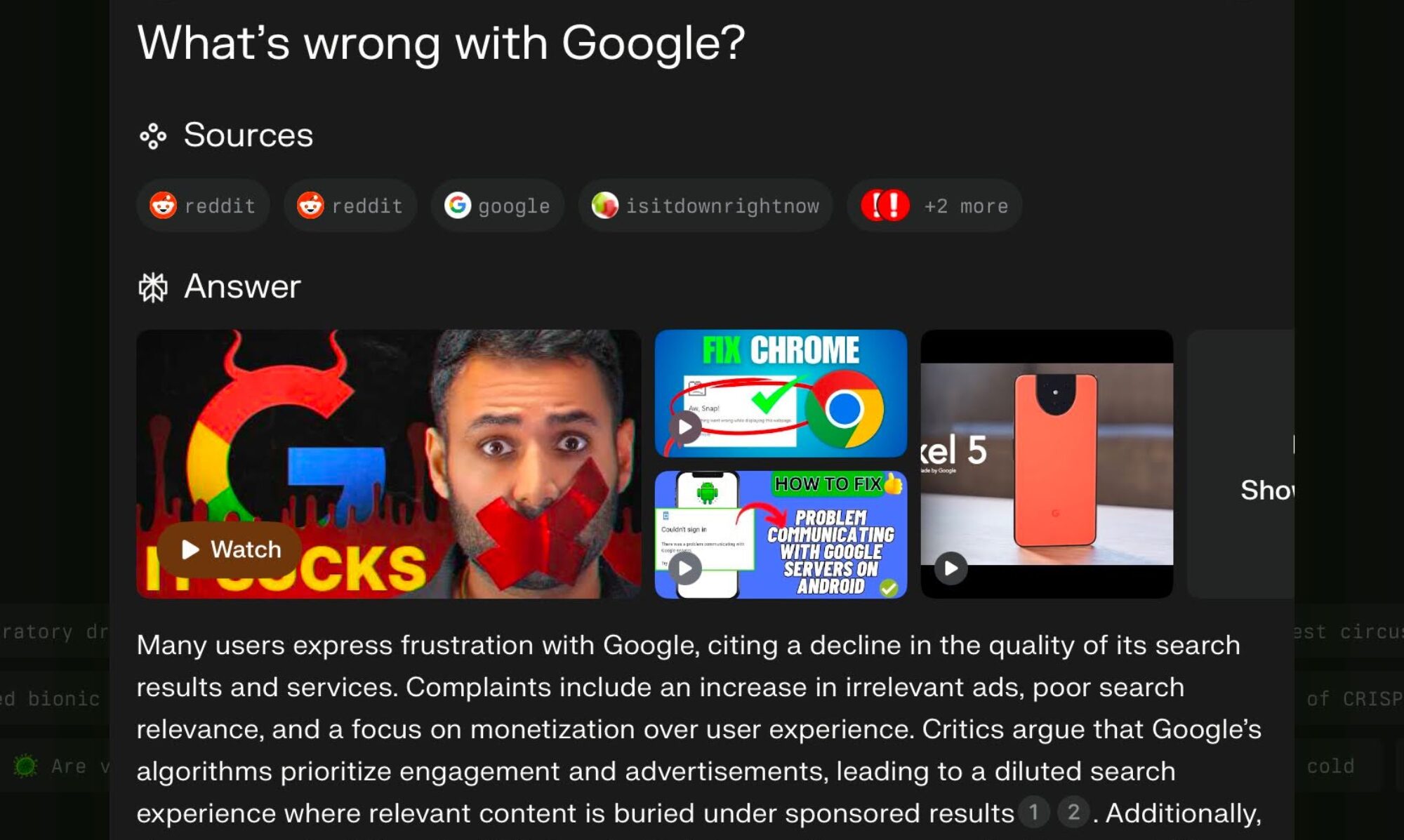Google Maps – Now Android users can find their way around shopping venues around the country. Sorry iPhone 5 users…
Huffington Post – Want a 32″ TV for $97? @ Sears?
The Usual Suspects:


Search Engine Marketing Chicago
SEM, SEO, SMM, GEO – no one does Internet marketing better than sem[c]
Google Maps – Now Android users can find their way around shopping venues around the country. Sorry iPhone 5 users…
Huffington Post – Want a 32″ TV for $97? @ Sears?
The Usual Suspects:
It’s really easy. All you have to do is believe articles like the one I ran across on LinkedIn recently. It was given credence by appearing on the Ad Age website. It’s title proclaimed that it was about Google’s “Penguin” update and how it would lead to something the author referred to as “new SEO“. (SEO is the acronym for search engine optimization)
It’s important to first focus on the fact that the author can’t know very much about any of Google’s updates because all such information is a trade secret that is carefully guarded by Google. Despite his lack of actual knowledge about Google’s algorithms the author conflates his opinions to improperly and insultingly define SEO (search engine optimization) as doing something to “fool a crawler into indexing borderline junk content to get high rankings”. Doesn’t an article falsely claiming to know something about Google’s Penguin update quality as “junk content”? In fact, isn’t his practice an example of “link baiting” which is the creation of “borderline junk content” to lure sites into linking to the material? I think that “yes” is the correct answer to both these questions.
It’s no surprise, then, that this author, speaking as a content creator, extols the virtue of content creation and how it represents something he calls “new SEO“. Unfortunately for his argument content has always been an important part of search returns so he is saying nothing new but thinks it appropriate to bash SEO anyhow.
Google has succeeded by doing search better than the other search engines. We can count on Google to continue to improve their performance. Yes, content is important and there are more ways than ever to produce content with the increasing importance of social media. Since SEO is the art and science of making it clear what your business does it will adapt. It must be forever new and a single update to Google’s algorithms is unlikely to cause catastrophic change as this author purports.
Once upon a time, a long, long time ago there were three American companies that were referred to collectively as The Big Three. GM, Ford and Chrysler were the biggest selling automakers in the world. Recently Toyota and Honda have staked claim to positions in this grouping.
The newest Big Three sell digital information and hardware to make use of it. Google has announced to fully join this group with the announcement of the Nexus 7 tablet shortly after launching Google Play which unified its sales of software, music and other media. Amazon still leads in sales of books and its Kindle players are well regarded. The newest Kindle is the Fire which is not quite an iPad killer but established the price point that Google is matching with far superior equipment in the Nexus 7. “iPad”, of course, references Apple – the king of the hill in digital music sales and the runaway leader in smartphones and tablets.
Google is the most successful search company which provides them the opportunity to market their other goods and services very effectively. The intensity of the competition can be seen in recent events like the patent wars between Google’s Motorola Mobility division v Apple, Apple dumping Google Maps on the iPhone and Samsung v Apple lawsuits.
What all this means to businesses is that mobile is increasingly important and looks to become even more important in the post-PC era that we are entering. All the more reason to make sure that your business website is mobile-friendly and that it is showing well in mobile searches.
Mobile is a part of what search optimization by sem[c] is all about. All you need to do is click to find out more.
| |
| |
|
There’s been a lot of action in the search engine arena recently. Yahoo’s transition to using Bing’s search results has been largely completed in North America. This means the search results that you get on both Yahoo! and Bing should be very similar. As of the end of August, the total number of searches in the USA show Google with around a 70% market share and Bing/Yahoo! With 25%. Ask and AOL split the final 5% of market share according to Marketwire.
This represents the final month statistics before Google’s introduction of “Google Instant” which has a lot of potential. Google’s new approach is certainly compelling to watch as your results change as you type in your query. Google also showed an increase in paid results in both month-to-month and year-to-year numbers. This is further justification of our recommendation that AdWords is your most valuable pay-per-click resource.
This information is valuable to you not only for the quality clicks it produces but also as our research tool. In a project with our alliance partner, website developer Caxy, Inc., for Hair Professionals Beauty Schools we were able to identify the most commonly used keyword phrases by potential students looking for their options in pursuing their professional cosmetology licenses. This has quickly produced well-qualified visits to the website that could not have found their way there before we started.
We’ve found that we can help most B2C businesses and many B2B businesses. Please visit our website or call or email us to find out how we can make your website a more effective business tool. Our customers have found that the online marketing power we’ve brought to their websites has got them on track to increase sales.